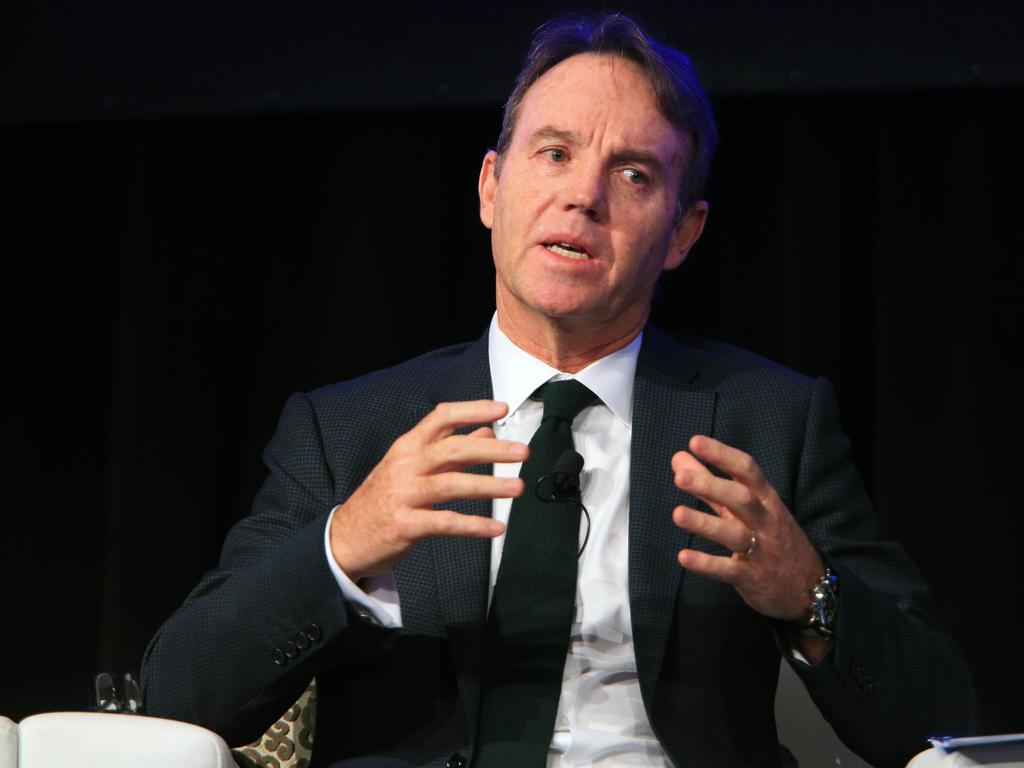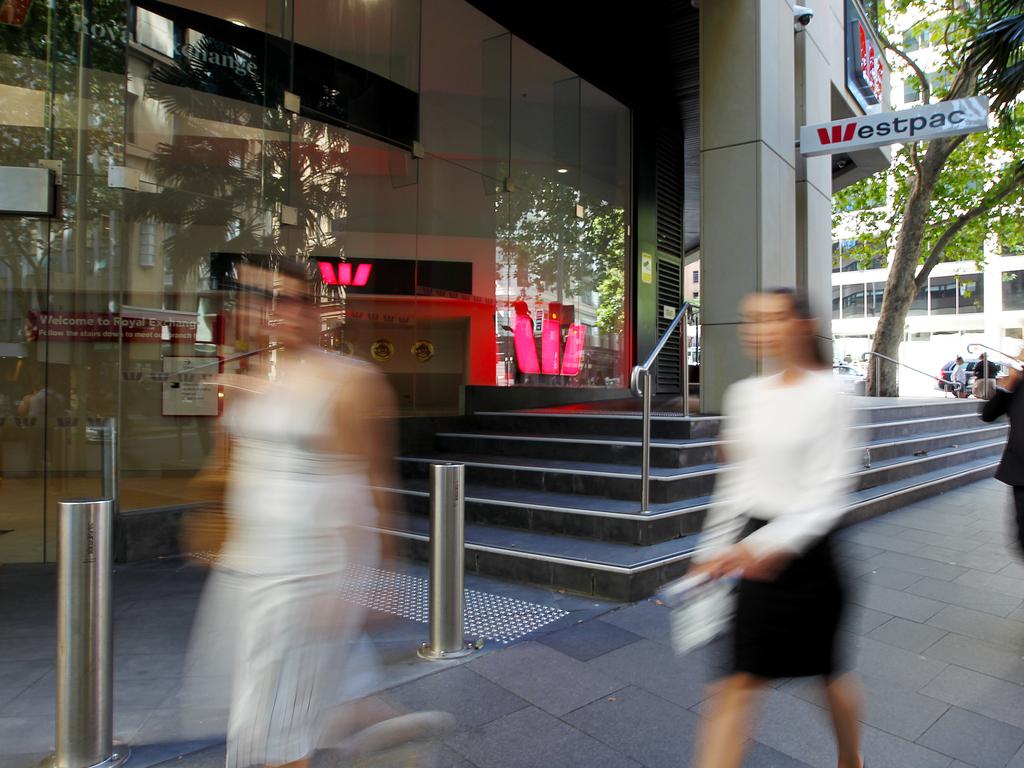
Choice found that ethical funds, especially “socially responsible products” offered by the market’s biggest superannuation funds, can have higher fees and poorer returns than widely held “balanced funds”.
Investors have also been warned that loose definitions on what constitutes ethical investing means that some funds in the area were not able to provide evidence of positive ethical impact despite presenting their products under the ethical classification.
Even among the select group of four funds (out of 146 major funds) which fully satisfy a strict definition imposed by the Responsible Investing Association the report found a very wide range of performance.
On the basis of five-year returns, top rated Australian Ethical was ranked sixth, Local Government Super was ranked 48th, Christian Super 78th and Future Super came in close to the bottom of the entire spectrum of funds at 122.
The Future Super group is one of the newer and more activist ethical super funds which promises to “give fossil fuels the flick” and to “shake the super system”.
Choice also warned of overlapping and often confusing terminology used in this area.
“Some mainstream funds are embracing environmental, social and governance criteria, but aren‘t certified as ethical funds.”
Xavier O’Halloran, head of advocacy at Choice says: “We are saying to people to be very careful when dealing in this area. Investors need to know exactly where they are putting their money, just because fund-wide performance may be impressive, the performance of the specific option your super is invested in may be quite different from that of the fund as a whole.”
In a recent survey conducted by the consumer group, seven in 10 respondents said that maximising returns was the priority for their retirement savings, ahead of investing ethically.
Professionals in the finance industry have consistently questioned the prevalence and quality of ethical funds.
Damien Klassen, head of investments at Nucleus Wealth, says: “I find the criteria used across the areas to be random and arbitrary. In any event I don’t believe investors should expect fund managers to be a moral compass - there are other ways to improve ethical performance in business. Investors can lobby their demands or consumers can boycott products. In many ways ethical investing products in Australia have become binary and the reality is that it means different things to different people.”
The government is planning a publicly available comparison website under the Your Super, Your Future initiative announced in the federal budget, though it is unlikely any comparison site will be able to untangle the irregularities clearly embedded in the ethical investing scene.
Among the leading ethical funds reporting to June 30 were Australian Ethical, AXA Sustainable Equity Fund, the Betashares Sustainability ETFs (global and Australian) and the Alphinity Sustainable Share Fund
Earlier this year, the Trump administration put forward a proposal to remove so-called Environmental, Social and Governance (ESG) investments from retirement funds - however the proposal had not been enacted at the time of the election.
Under the plan, funds representing more than $US9 trillion under the control of the US Department of Labor want fund managers acting on behalf of American workers to only follow “objective risk criteria” when buying stocks and bonds.
With the Trump edict representing one third of the entire US sharemarket - the announcement put global fund managers, especially those prominent in ethical and related ESG (Environmental Social and Governance) investing on alert.
The investment research group Morningstar said: “The Trump move could conceivably spark similar measures by other regulators in the months ahead.”








Growing fears over the quality of ethical funds have been echoed in a new report from Choice, the consumers advocacy group.